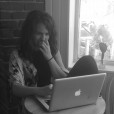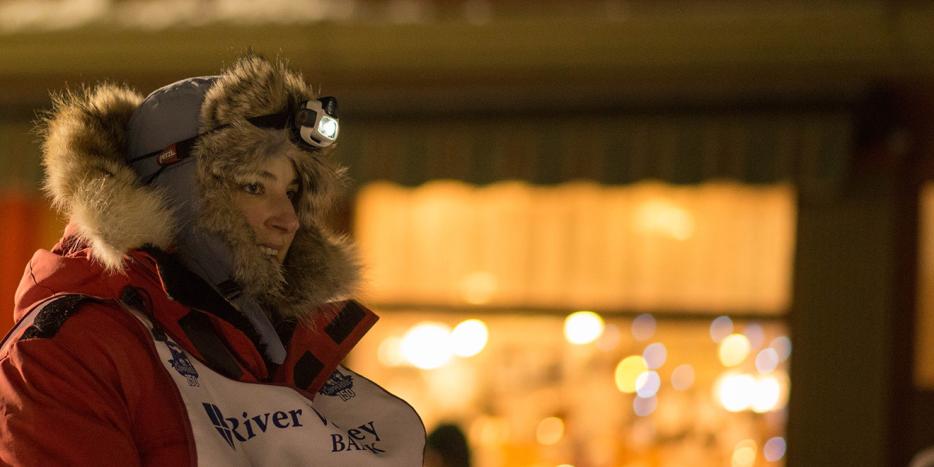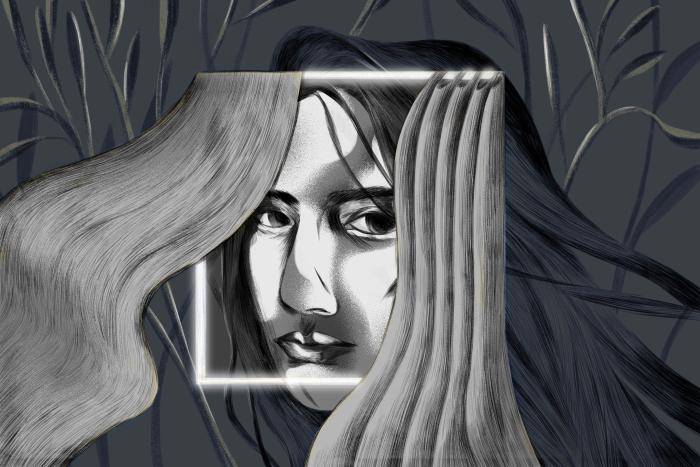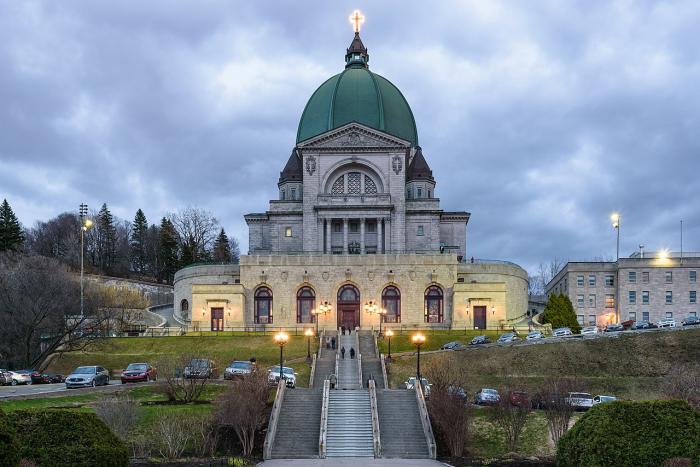“I’d become acutely aware that adventure was a kind of violence, too,” writes Blair Braverman in Welcome to the Goddamn Ice Cube, her debut literary memoir. Braverman’s story begins at the edge of a bonfire in a village called Mortenhals, a speck of a place that sits on Norway’s Malangen fjord, population: 342. What follows is a decades-long exploration of what anchors the 28-year-old so tightly to the Arctic, a place she feels inexplicably drawn to despite a childhood spent in California.
As a ten-year-old, Braverman spent a year in Norway living with her parents while her father worked as an anti-smoking researcher. She becomes an adolescent enthralled by her newly discovered destiny: to be a polar explorer, obviously. Six years later, she returns to Norway on a year-long exchange and discovers the darkness that resides up there, through the fear and intimidation imposed on her by her host father. He molests her in the backyard one day during a snowball fight, an experience that sends Braverman into a spiral of confusion and introspection. After graduation, she returns again, to attend a folk school where she learns to dog-sled. Instead of coming home to California after the year is up, she seeks out dog-sledding jobs and takes one, working on a glacier in southeast Alaska for the aptly named Dog World operation.
It’s there that the gender dynamics of these places are drawn into sharp focus: no doesn’t mean no here on the ice, she realizes quickly, as she is raped repeatedly by her musher boyfriend. And yet, she can’t divest herself from the cold, returning again for another season at Dog World and later carving out a life for herself in Mortenhals.
It would be easy for this book to tell the straightforward narrative adopted by many contemporary adventurers and memoirists: woman flies north, finds self, returns home. Instead, Braverman returns again and again, exploring what it means to be a woman in a desolate place where survival reigns, and finally settles in Wisconsin as a dog musher and farmer to build a northern outpost of her own.
Katherine Laidlaw: What does your life look like right now?
Blair Braverman: I just dropped off two dogs at a monastery, a literal castle. A friend of a friend bought this monastery in Wisconsin and is turning it into an artist residency and a luxury home for retired sled dogs. So I brought two of ours there. They were a little iffy—they’d never been inside before, and didn’t know what to make of it. “Where’s my raw beaver meat?” I live on a farm in Mountain, Wisconsin. I’m also having puppies this week. I’m really excited about the puppies.
Your book is coming out at what seems like the perfect time—there’s an ongoing conversation about gender politics, and we’re seeing a surge in adventure memoir written by women. Was it an intimidating prospect, taking on a book that would place you within a tradition that includes writers like Cheryl Strayed and Tracy Ross?
I didn’t think too much about it. I’m honoured to be part of that tradition, for sure. But my background is in environmental law and I’ve read a lot of nature writing—I really resist a lot of its conventions. I set out to write a nature book that was almost entirely about people. You see these patterns emerge in that genre: romantic landscapes, female-identified nature writing that’s full of wonder, women watching birds or young fathers dealing with their new fatherhood in the woods. And then there’s masculine-identified nature writing, where it’s like, I went out and I saw nature and I won. I was playing with that. What does that look like, to take that male narrative of going out and fighting and winning, and instead go out and fight nature and lose?
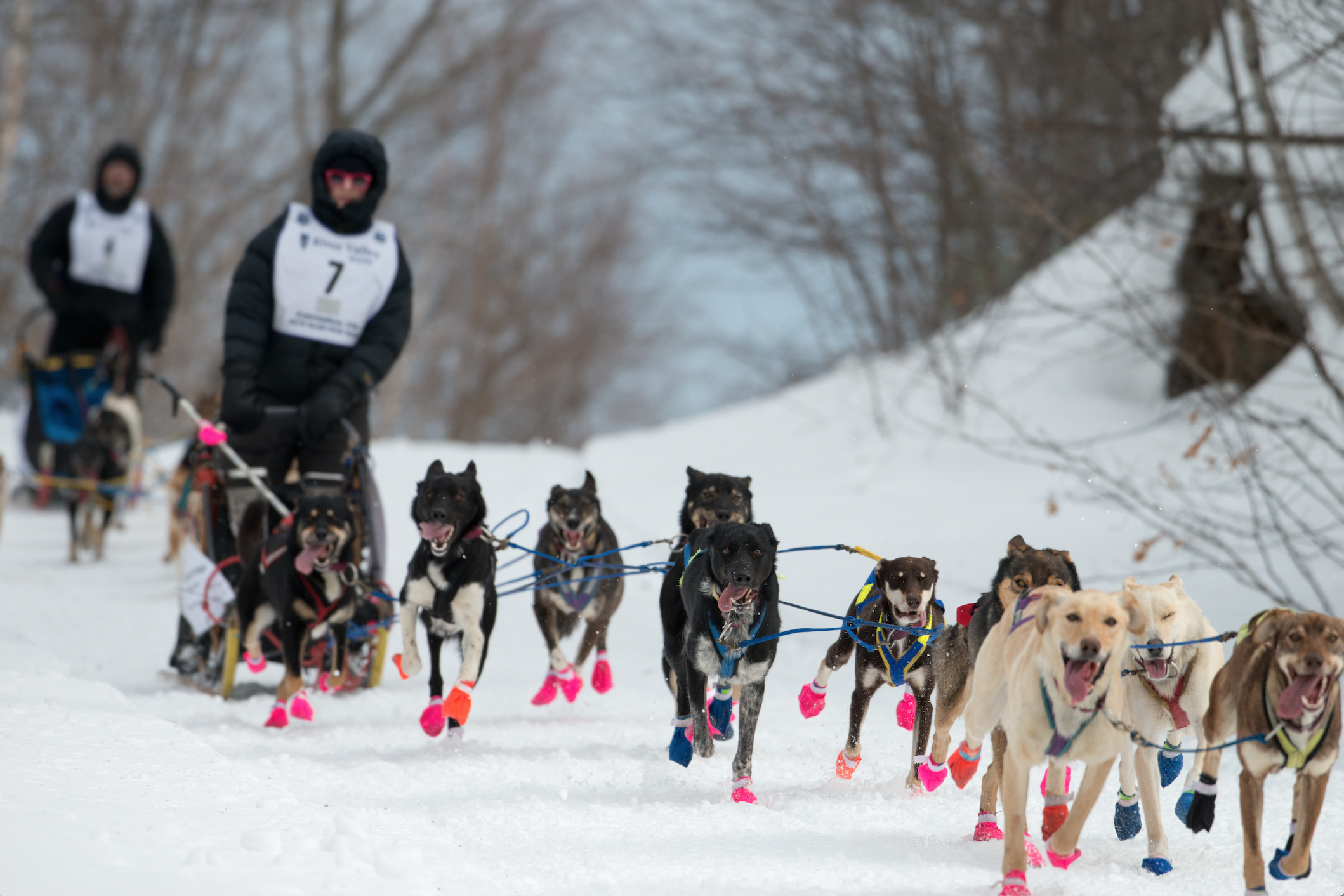
Photo by Hanna Ålerud
That part of your book when you arrive, haggard and lost, in Malangen, and have this epiphany that you’ve found a refuge that, after such a gruelling journey, feels safe, that was such a relief to read—that there is such a place out there for us.
I don’t know whether it’s a safe space but I think I figured out that I was safe there. This is just on my mind because it happened yesterday but my sled dog is about to have puppies and I was bringing her inside—I only have six dogs on the farm and I’m on my own now so most of the dogs are just loose. As I was bringing her in—she’s having mood swings because she’s pregnant—she got into a fight with this other dog. The other dog bit off her nipple while I was there breaking up the fight. I separated them, and they were wagging their tails and happy again. I had this moment where I thought, oh my god, I’m alone here and this dog has had her nipple bitten off. I brought her into the bathroom and reattached her nipple with medical tape. I couldn’t stop my hands from shaking. The dog was fine, she wanted to lick my face. That experience encapsulated a lot of the emotions of the arctic and dogsledding for me. Moments of supreme beauty and joy, as there are puppies kicking in this momma’s belly. And also I’m reattaching her nipple in the bathroom.

